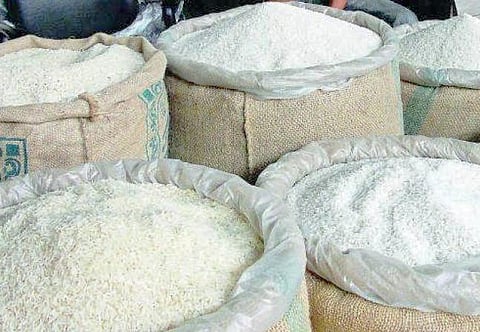

HYDERABAD: Over the years it has been a great challenge for researchers to enhance the yield potential of the fine-grain Samba Masuri while retaining the original grain and cooking qualities. Samba Masuri (official name: BPT5204) is known as a fine-grain elite mega-rice cultivar having a significant rice export contribution. The variety is being cultivated in several States of India occupying more than 4 million-hectare area under cultivation.
Despite its moderate yield potential of 5.0- 6.0 tons/ha, the plant variety is very popular among farmers and consumers due to its premium grain quality and superior market price. At ICAR-Indian Institute of Rice Research (IIRR), a team led by Dr Satendra Kumar Mangrauthia started working on this in 2016. In 2018, they received funding from ICAR- National Agricultural Science Fund (NASF) to carry out research work in the area of genome editing.
The new breeding technique, genome editing, is considered to be the cleanest technology in terms of genetic manipulation and gene modifications. Speaking to TNIE, Dr Mangrauthia, a scientist of biochemistry at IIRR, said, “After establishing initial protocols and standardisation of techniques, we developed a high-yielding version of Samba Masuri in two years using the CRISPR/Cas genome editing technology.”
“The genome-edited rice lines showed more than 35 per cent grain yield than the Samba Masuri while retaining its original grain characteristics. The genome-edited lines are early maturing and have stronger culm that may provide lodging resistant traits in addition to the enhanced grain yield,” he added
Explaining their difference from the regular ones, he said, “As Samba Masuri fetches a premium price to farmers. It also has huge export potential. Farmers will obtain more yield through these genome-edited lines while the original Samba Masuri is a moderate-yielding variety. Thus, Telangana and Andhra Pradesh farmers will be able to grow the high-yielding genome-edited Samba Masuri variety which will be helpful in enhancing their income.”
“The evaluation at the biosafety glasshouse and screen house is done. We are waiting for the necessary approvals to take them for multi-location field evaluation. If all approvals are given on time, they may be available by 2025-26 for commercial cultivation,” he remarked.